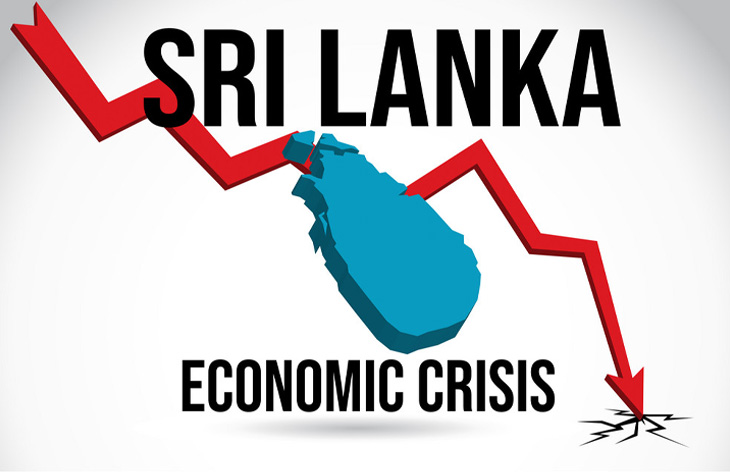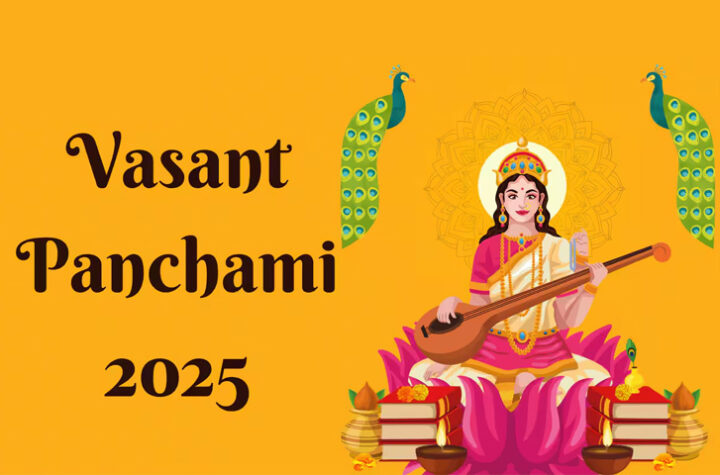The food crisis in Sri Lanka is deepening, which is hitting the common people there. People are falling prey to starvation. Instead of three times, only one meal has been gathered. The story of Fatima Arooj, who lives in the area adjacent to Colombo, the capital of Sri Lanka, is going to make you cry. In the midst of a starvation crisis, she has lied to her two young children that it is the month of Ramadan, so everyone has to fast. Fatima’s children are 5 years old and 6 years old. Her husband of 36 years is a daily wage laborer and has been a victim of depression. Fatima cannot feed her children for three times, so she has to lie to her children that fasting is being done due to Ramzan.
Village on the verge of starvation
Fatima is not the only one in Sri Lankan with a crumbling economy, struggling to meet her needs. In the Kalpitiya region of north-western Sri Lanka, one of the most beautiful beach destinations in the world, villages are starving. Rahmat Nias, a single mother of three children, is surrounded by her crying children.
Covid broke Sri Lanka’s back
This tourism-dependent island has been badly affected by the Covid-19 epidemic. Critics are blaming the government for this plight. Sri Lanka, dependent on imports, is facing a shortage of foreign exchange dollars. Due to this Sri Lanka has come on the verge of bankruptcy. Inflation has reached record levels. There has been a shortage of food items in the country, due to which inflation is touching the sky and people are not getting enough food.
Sri Lanka also has to pay $7 billion in debt in 2022. The government will have to pay $500 million by January 18 and $1 billion in July. According to a report in Colombo Gazette, Sri Lanka has been facing a double deficit for the last decade – fiscal deficit and trade deficit. Since 2014, the burden of foreign debt on Sri Lanka has been increasing and in 2019 it reached 42.6 percent of GDP. In 2019, the country’s total foreign debt was estimated at $ 33 billion, which is a big burden on Sri Lanka.
Sri Lanka refuses to take help from IMF
International economists, including Sri Lankan economists, are also demanding that the government try to get out of this situation by taking a loan from the International Monetary Fund (IMF), but the government refused to take help from the IMF. In a press conference, the Governor of the Central Bank, Ajit Nivard Cabral, told the media that the country would prefer to take fresh loans from China, which it is already heavily indebted to, rather than going to the IMF.
Last Sunday, on the occasion of 65 years of Sri Lanka-China bilateral ties, President Gotabhaya Rajapaksa along with Chinese Foreign Minister Wang Yi called for the rescheduling of the country’s Chinese debt. China is the largest lender to Sri Lanka. Sri Lanka has an external debt of $ 35 billion. China has a debt of $ 4 billion on the country. India is also helping Sri Lanka by giving it loans, but only these two countries are not helping Sri Lanka, but Sri Lanka is indebted to many more countries.
Many countries are giving loans to Sri Lanka
In June, Bangladesh lent $200 million to Sri Lanka under a currency swap. Sri Lanka has also taken loans from Iran and Qatar. Despite all this, Sri Lanka has not been able to stop the food and energy crisis in the country.
Sri Lanka dependent on imports
Sri Lanka is also heavily dependent on imports to meet its basic food supply including rice, sugar and milk powder. The price of essential commodities has increased due to depreciation of foreign currency and depreciation of over 11.1 per cent in the Sri Lankan rupee. Inflation in Sri Lanka rose further in November after the government printed record money to maintain low interest rates. In April last year, President Rajapaksa announced that Sri Lanka would be completely organic farming and Sri Lanka would become the first country in the world to have a green economy. He immediately banned the import and use of chemical fertilizers, insecticides and weedicides. The ban on imported fertilizer had an adverse effect on farmers and agriculture. Due to this also there was a shortage of food grains.
On 31 August, the government declared a state of emergency and started providing ration to the people at low cost. But this increased black marketing, after which the army was deployed to confiscate the goods from the warehouses and force the farmers to sell the grain to the government agency. The prices of vegetables increased by more than 400 percent, after which vegetables started disappearing from the plate of the common people.

![Buddha Purnima 2025 [TKB INDIA]](https://topknowledgebox.com/iphaphoo/2025/05/12052025-150x150.jpg)
![YouTube is about to turn 20, the company announced many big features [TKB Tech]](https://topknowledgebox.com/iphaphoo/2025/04/28042025-150x150.jpg)
![Basant Panchami 2025: Know the correct date and auspicious time [TKB INDIA]](https://topknowledgebox.com/iphaphoo/2025/01/31012025-150x150.jpg)

![Amazing feature of WhatsApp, you will be able to reply without listening to the voice message[TKB Tech]](https://topknowledgebox.com/iphaphoo/2024/11/24112024-150x150.jpg)





More Stories
Buddha Purnima 2025 [TKB INDIA]
YouTube is about to turn 20, the company announced many big features [TKB Tech]
Basant Panchami 2025: Know the correct date and auspicious time [TKB INDIA]